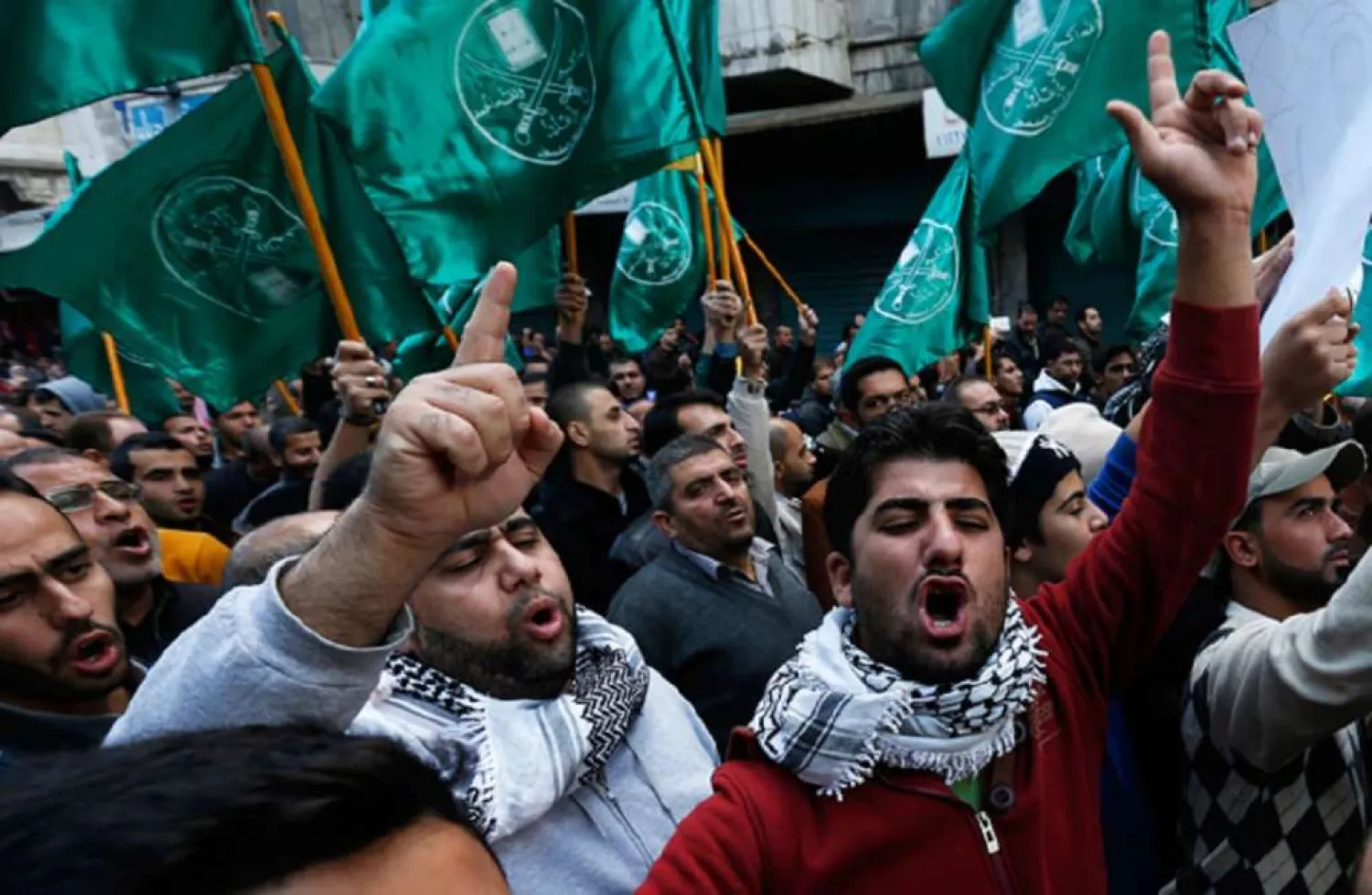When Egyptian former President Mohammed Morsi passed away in custody last month, more than 300 mosques throughout Germany called for performing the prayer for the dead for him. The majority of these mosques are affiliated with the Islamic Community of Germany, which is funded by Ankara through the Turkish-Islamic Union for Religious Affairs (DITIB).
The prayers were held on the first Friday after Morsi’s death with eulogies that observers said went so far as to “glorify” the deceased. Former Green Party MP Volker Beck criticized the eulogies, saying they had nothing to do with religion or Islam, but instead tried to portray the Morsi as a “martyr.”
Founder and director of the Frankfurt Research Center on Global Islam, Susanne Schröter warned that there was a “dangerous” connection between Turkish mosques in Germany and the Muslim Brotherhood.
Months ago, the Brotherhood in Europe launched, through the European Council for Fatwa and Research, a mobile phone app that was accused of stoking hatred and anti-semitism. Google received numerous complaints about the app, forcing it to temporary remove it. It was restored in April and is still receiving demands to be removed.
A Frankfurt newspaper said last month that the app attempts to portray the Muslim Brotherhood as being open to other religions. The organization tries to portray itself as peaceful and open, which is one of the reasons why it is misunderstood and often allows it to gain major influence in society, it noted.
Working against social integration
German internal intelligence has acknowledged that the Brotherhood has succeeded in building a strong and extensive network in Germany. The group has also gained influence in recent years. It describes it as more dangerous than ISIS and al-Qaeda because it does not believe in the foundations of democracy that life in Europe is based on.
Schröter agreed with this assessment, telling Asharq Al-Awsat that it was easy to detect the supporters of ISIS and al-Qaeda, but Brotherhood followers were “much harder” to pinpoint. She explained that Brotherhood members are often educated, while Qaeda followers are generally not. ISIS and Qaeda use violence to reach their goals, while the Brotherhood develops smart strategies to infiltrate German society.
In recent years, the Brotherhood took advantage of the massive refugee wave that reached Germany to gain more support. Refugee and integration commissioner at the ruling Christian Democratic Union of Germany, Mustafa Ammar told Asharq Al-Awsat that the Brotherhood works against integration efforts. For example, he said, it works against the integration of women in society and supports polygamy. “It wants to introduce Sharia law in a country that bans it,” he warned.
Ammar revealed that the ruling party was holding discussions on the possibility of banning the Brotherhood in Germany. Should the party agree on the ban, the proposal would be submitted to parliament for discussion and put to a vote.
Efforts to ban Hezbollah
Weeks ago, the parliament voted on a proposal to ban the Lebanese Hezbollah party, with its political and military wings. The proposal was submitted by the far right Alternative for Germany party, but it was rejected. The ruling Christian Democratic Union explained that changing the policy towards Hezbollah must first start on the European level. Germany only bans the party’s military wing. The main German political parties generally oppose banning Hezbollah’s political wing because the party boasts lawmakers and ministers in the Lebanese parliament and government.
Ammar remarked that the Brotherhood had a greater chance to be banned in Germany given that the organization has been banned in Egypt.
Schröter said, however, that banning the Brotherhood may be difficult in the absence of evidence that proves its involvement in violent acts. The organization, she said, “holds its cards close to its chest and hides its real identity and goals from the public. Its leaders speak of democracy, but they are propagating non-democratic principles. They have indeed started to successfully infiltrate political life and society, which makes them a major threat.”
Furthermore, Germany has been trying to stop the foreign funding to the Brotherhood. The funding namely goes to its institutions and mosques in Germany and is provided by Turkey and Qatar. The Christian Democratic Union has approved a proposal to bar the foreign financing of mosques and religious institutions in Germany and it will be put for a vote at parliament before the end of the year.
Schröter believes that banning the foreign funding of Turkish mosques will be difficult because it does not violate the law. She stressed that the main problem lies in a “lack of political and societal awareness” of the dangers of the Brotherhood. She went so far as to describe Germany politicians as “naive” in believing that the Brotherhood was just another Muslim organization.
German intelligence is, however, aware of the group’s danger and said that it attempts to portray itself as a “harmless” alternative to the violent ISIS and Qaeda groups, warning that the group’s growing influence may pose a threat to society. The eulogies that were delivered for Morsi in Germany were a stark reminder of the Brotherhood’s influence and reach in German society.
















